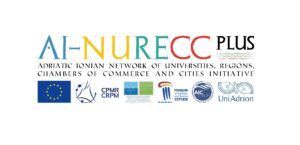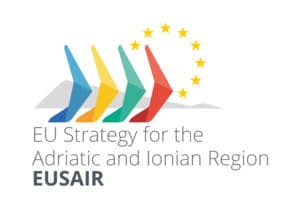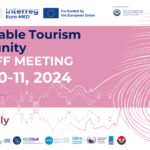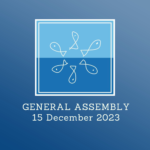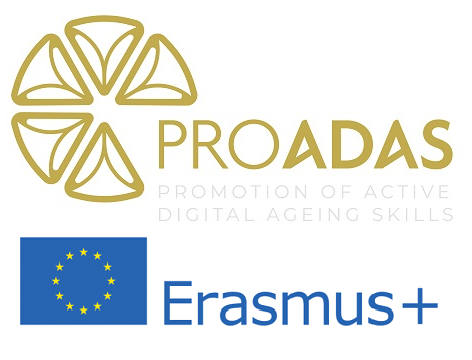 Enhancing the digital literacy, skills and inclusion of senior citizens is one of the main priorities of the Digital Agenda for Europe (2014-2020). Also, according to the European Economic and Social Committee, all European seniors should become ‘e-seniors’ in the next few years, in order to keep up with international trends and developments.
Enhancing the digital literacy, skills and inclusion of senior citizens is one of the main priorities of the Digital Agenda for Europe (2014-2020). Also, according to the European Economic and Social Committee, all European seniors should become ‘e-seniors’ in the next few years, in order to keep up with international trends and developments.
The Adriatic Ionian Euroregion recently participated in the proADAS (promotion of Active Digital Ageing Skills – Project number: 2018-1-CY01-KA204-046895), an Erasmus+ project coordinated by the University of Cyprus and implemented in consortium with partners from Belgium (Brussels ErasmusHogerschool), Croatia (Adriatic Ionian Euroregion), Cyprus (Center for Social Innovation) France (E-Seniors), Greece (Xenios Polis) and Italy (Diciannove Cooperativa)
The general aim of the project was to promote ‘active ageing’ and to provide European seniors with the essential digital skills to become as independent and autonomous as possible, by taking part in social, cultural and recreational activities.
The project ended on September 23, when the Final Conference was held online and formally closed a successful cooperation lasted two years.
The Adriatic and Ionian Euroregion as partner of the proADAS project took part in the conference and presented some results obtained by the consortium during the implementation of the project that allow to have a range of digital tools at the service of active aging, crucial nowadays to increase the quality of life of the elderly and support them in acquiring key competences that facilitate social inclusion.


The conference was attended by all partners and 80 people, involving participants from the field of health and elderly care such as health workers, nurses, doctors, psychologists, social workers, students of humanities and health sciences, adult educators as well as people over 60+ years.
The conference presented all project results that include:
- Review and Research Paper on existing good practices in the field of adult digital education
- Handbook targeting to professionals, social workers, senior citizens’ counsellors, adult educators and trainers, NGOs and civil society organisations, third age universities and second chance schools, and offering providing guidelines on how to train older adults, as well as how to support trainers in enhancing the social and cultural capital of senior citizens
- Five e-learning modules aimed at enhancing seniors’ and caregivers’ knowledge of the main issues that can compromise seniors’ quality of life: frailty, falls Prevention, nutrition, mental health and disease, cardiovascular health and disease.
- ICT tools such as the project’s website, including an online Learning Platform where all researches and modules are available as open resources, and a corresponding mobile application freely available on google play:
- an e-book including a detailed presentation of the deliverables and results achieved during the two years of the project’s implementation as well as scientific articles related to the topic of the project and some useful ICT tools and applications which are available online and open to the broader public.
Overall, the implementation of the project was very successful in all partner countries, and hundreds of professionals and senior citizens were involved.
Multiplier events took place in all partner countries, both face-to-face and online, during which the online learning platform and the mobile app were presented, and the participants had the chance to enrol for free in real time and try out some of the learning activities. Information about project activities, results and outputs were disseminated through the project’s Facebook page.
Find out more information here: http://proadas.eu/
Project funded by the Erasmus+ Programme








